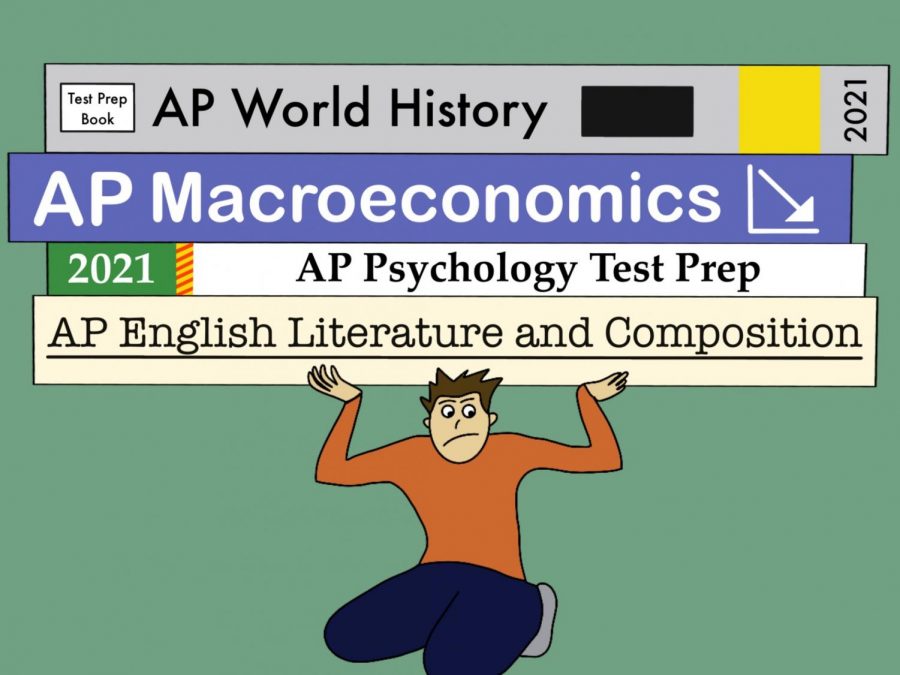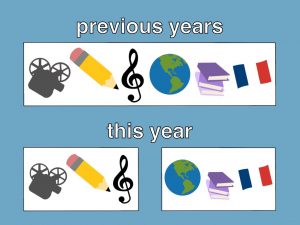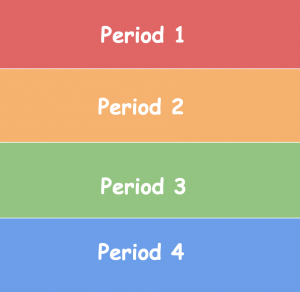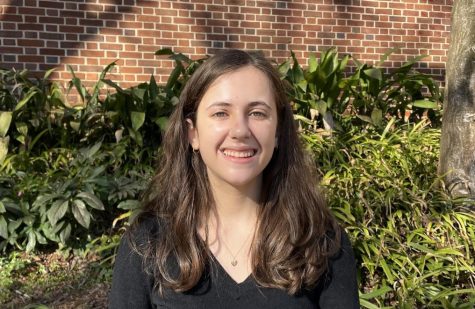4×4 schedule challenges AP students
AP students are having to balance more on their own this year when studying for AP exams in May, especially for classes they took during the fall semester.
February 16, 2021
At the beginning of the 2020-2021 school year, Grady’s administration adjusted students’ schedules to adapt to the challenges posed by the coronavirus pandemic. Students now take four classes a semester, rather than eight classes year-round, which has posed a unique problem for Advanced Placement classes.
AP exams are always held in early May after students have completed their courses. This year, students who completed the course in the fall semester still have to take the exam in May, even though they finished the course content months before. Students are able to opt out of taking the exam, but they don’t earn any college credit if they do not take the exam.
Senior Lindsey Snyder is taking five AP classes this year and plans on taking the exams for each of them.
“I am probably taking the exams this year just because I’m going to college next year and might be able to get out of an entry level class,” Snyder said.
Snyder had one AP class in the fall semester, AP Literature, and recognizes the disadvantage she will face taking the exam, having not been in the class since January.
“Some people who took AP classes last semester will have to have that gap in the learning,” Snyder said. “You are going to lose a lot of the skills and fact remembrance from when you ended in January when we are taking the exams in May.”
Freshman Tejas Duggirala also only had one AP class first semester, AP Human Geography, and he plans on taking the exam in May. Duggirala acknowledges the advantages and disadvantages to having AP classes fall and spring semester.
“We get a whole semester to prepare for it but at the same time it has been a whole semester since we actually learned the material,” Duggirala said.
To try and help students who had AP classes in the fall, many AP teachers have made plans to help students review the material in the time leading up to the exams.
“Some time around April I usually start review and prep, probably right after spring break,” AP Economics teacher John Cowan said. “I’m looking to do some after-school review sessions or maybe on asynchronous Wednesdays.”
Though teachers are offering review sessions, they cannot make them mandatory. Students have to take it upon themselves to put in the work to review.
“I always think it is kind of less the teachers’ fault and more the students; it falls more on us to want to actually do well and to push ourselves to perform well,” Snyder said. “I think the teachers are giving everything they have right now, and if you are not taking what they are giving to us and not using it to help further your understanding of certain topics, then you are not really getting the most out of it.”
The spring semester started two weeks later than usual this year, due to the pushed back start date of the first semester in August. As a result, AP teachers have a shorter amount of time to teach all of the curriculum to their second semester classes.
“Our second semester spring classes didn’t start till January 15th and the test day is May 10th, which is a tighter timeframe than what we were working with in the fall,” Cowan said. “I was able to go a little but slower in the fall but compared to now in the spring, it’s shorter and is going to be a little more difficult.”
Some students are worried about having to review for an AP class they took in the fall, in addition to their work for second semester classes.
“Having a whole semester gap is definitely going to require you to review more,” Duggirala said. “I think that especially trying to balance a whole new set of classes and then studying for the AP exam is going to be difficult.”










